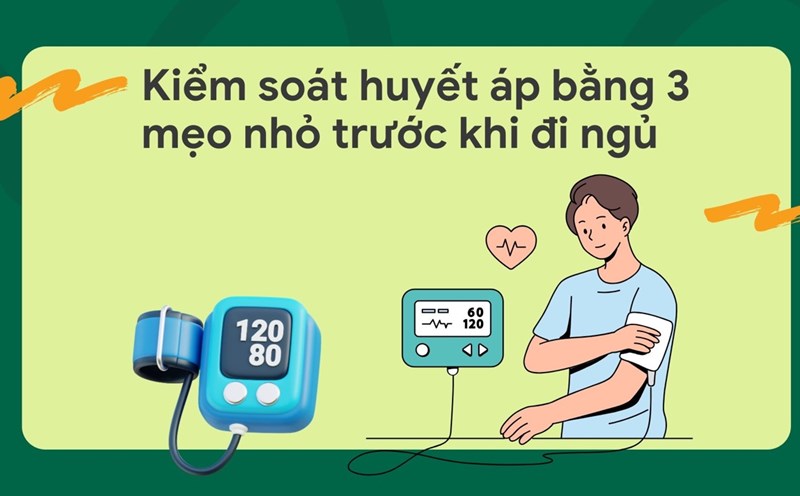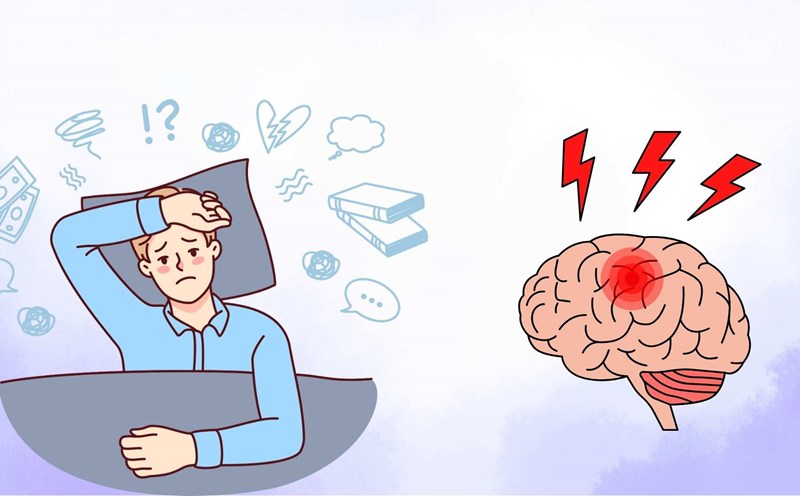1. Magnesium
Supplementing magnesium helps relax muscles and the nervous system, making it easier for children to sleep. Magnesium also plays a particularly important role in regulating neurotransmitters that help calm the body.
2. Calcium
Calcium is a substance needed by the body to create melatonin - a hormone that supports sleep. At the same time, calcium supplementation also contributes to muscle relaxation.
3. Iron
Iron deficiency can also cause sleep disturbances, especially in children with at restless legs syndrome (RLS) or dengue replacement disease (PLMD). Supplementing enough iron when children are deficient can significantly improve sleep quality.
4. Vitamin D
Vitamin D supplementation contributes to regulating circadian rhythms by supporting the production of serotonin from tryptophan - a precursor to melatonin.
Vitamin D deficiency can contribute to reduced sleep quality and duration. However, daylight may be more effective than supplementing this vitamin.
5. Vitamins B6 and B12
Supplementing with Vitamins B6 and B12 can help regulate the formation of melatonin and serotonin, which play an important role in sleep-wake function. Vitamin B deficiency can cause sleep disorders and greatly affect children's mood.
6. Omega-3 (EPA/DHA)
Helps improve sleep quality, regulate melatonin and serotonin. Children are recommended to take 600 mg of DHA per day for 16 weeks, which can help the body sleep longer and wake up less than the average of nearly 1 hour.











